Di Luca: I still consider myself the winner of the 2007 Giro d'Italia
'I won races when I was clean too' he tells Cyclingnews
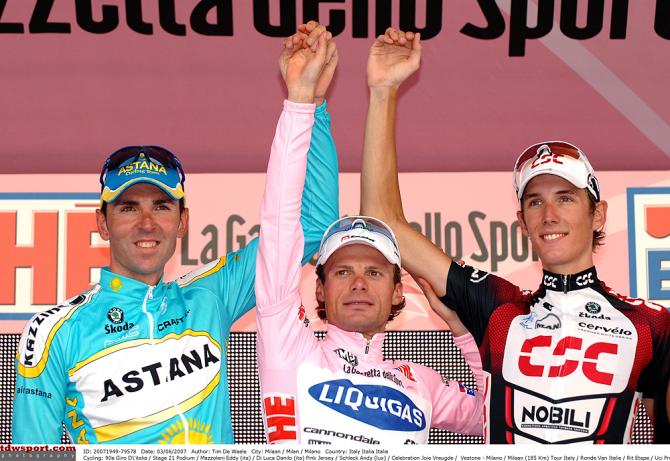
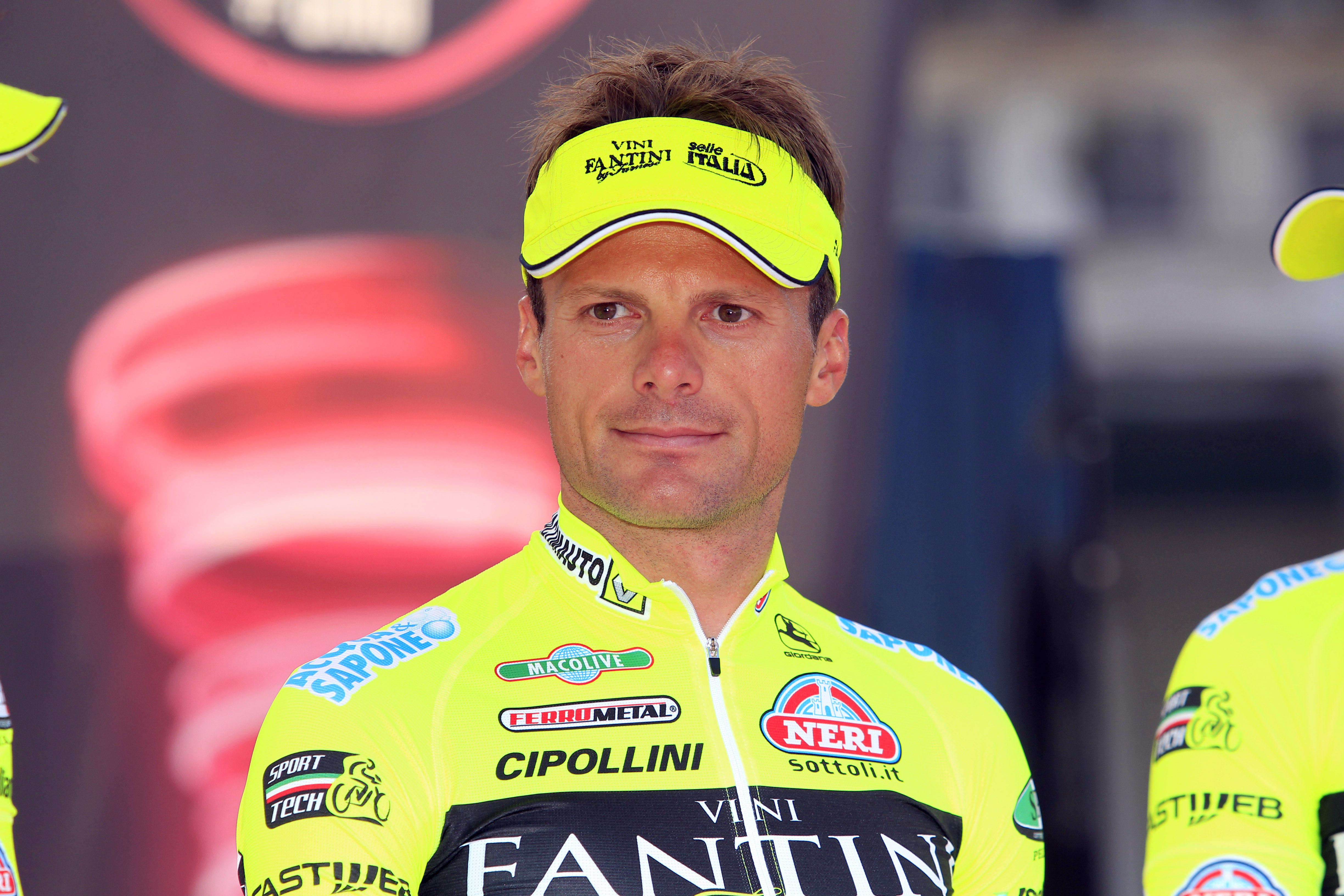
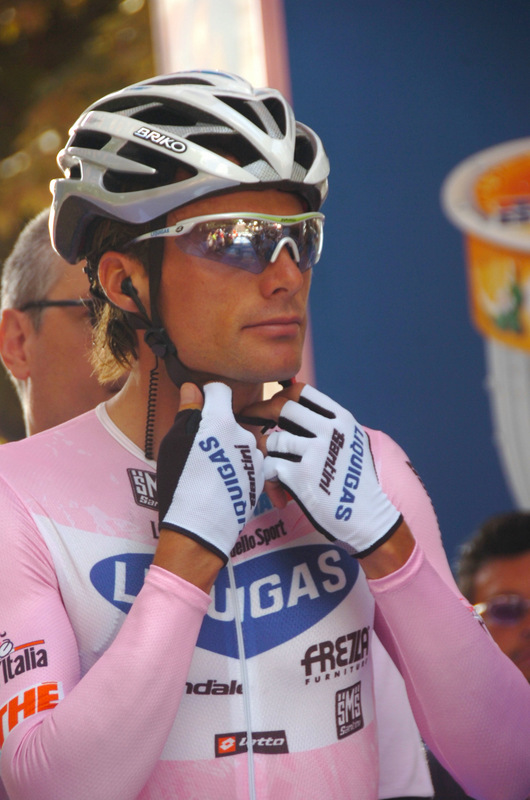
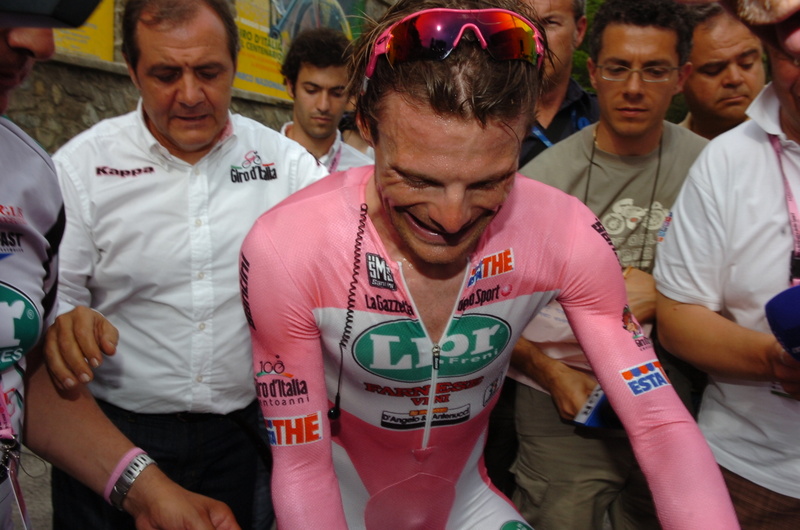
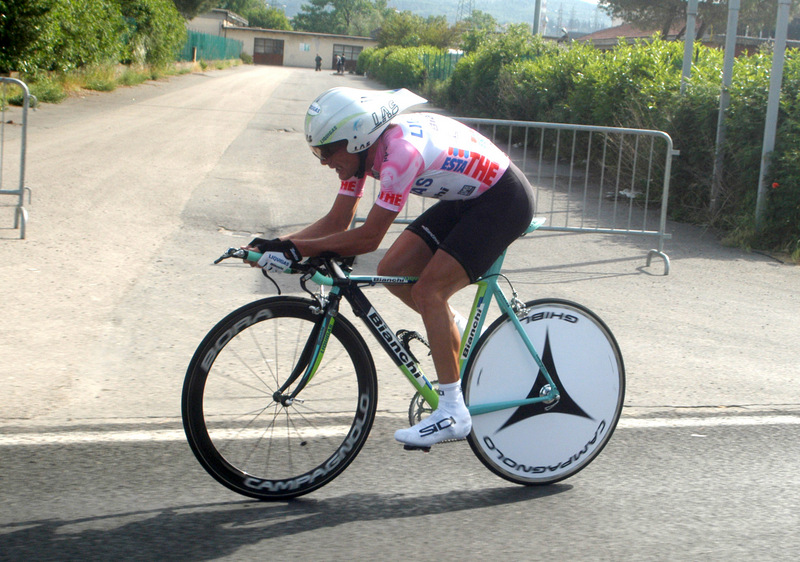
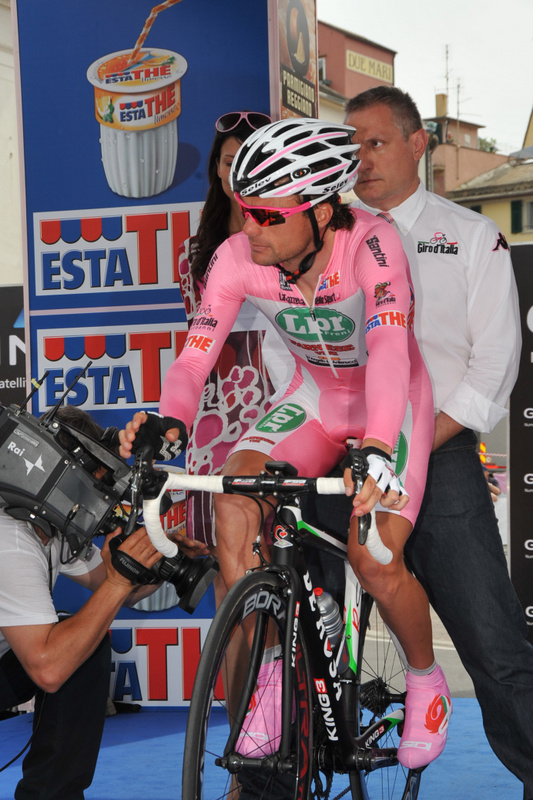
Danilo Di Luca has confessed to doping during much of his professional career in his hard-hitting autobiography but in an exclusive interview with Cyclingnews, he refuses to relinquish his victory at the 2007 Giro d'Italia, insisting he never tested positive during the race and so deserves to keep his victory.
In his book – called 'Bestie di Vittoria' – 'Beasts made for victory', written with Alessandra Carati, Di Luca talks openly about the moment he was caught for a second time in 2013, the wide range of doping products that he used during his career and why he did it.
"If I hadn't doped, I would never have won," Di Luca claims at one point in the book. "Doping improves your performance between 5 and 7 per cent, and maybe 10 to 12 per cent when you are in a peak shape. Doping isn't addictive but it's an instrument of power: whoever wins attracts the money; for themselves, the team and the sponsors.
"I wrote the book to tell my story, my truth. I was inspired by Andre Agassi's autobiography," Di Luca told Cyclingnews.
"It's not a book about just my doping, it also tells the story of my career, how I fell in love with cycling as a boy, it's also a very personal book because it reveals what happened in my personal life during my career. I've taken responsibility for what I did and stripped myself bare. I made the decision to be part of the system and to dope, when I turned professional, when cycling changed from a simple passion to become my job and the way I earned a living. I think I've been brave. I only talk about my doping and not what other riders did because I will never name other riders. I'm not a snitch.
"Most of all it's a book about what I think is wrong with professional cycling. I wanted to reveal what is wrong with the sport because often that's what leads to riders doping. I wanted to show my former fellow riders that things need to change for their own good. The riders are considered the bottom of the heap but we really should be the most protected and most important part of the sport. The riders are used by the teams and sponsors to make money and so that's why I called my book 'Beasts made for victory'.
"Riders need to defend ourselves much more during their careers, we need a stronger rider association, like in other sports. I denounce the system and explain how things really are, so things can change. Otherwise things will continue as they always have done. That's the message I want to send out but if the current riders don't understand that, then things won't change."
Get The Leadout Newsletter
The latest race content, interviews, features, reviews and expert buying guides, direct to your inbox!
Holding onto his 2007 Giro d'Italia victory
In his book, Di Luca reveals the back-story on why he tested positive for CERA at the 2009 Giro d'Italia and again for EPO in the 2013 Giro d'Italia. Each time he had made a mistake in the time he thought he needed for the blood boosting drugs to clear his system. In 2009 the Paris anti-doping lab in Châtenay-Malabry had created a test for CERA and Di Luca was caught because a CERA tracer substance was found in his system. He had been careful not to take the blood boosting drug too close to the race but because it ended up in his system via a blood transfusion. In 2013 he did not know a new test had lengthened the time that EPO can be found in urine. It was a fatal error that ended his career.
In 2007 Di Luca was riding for the Liquigas team. He won Liege-Bastogne-Liege and the Giro d'Italia, beating Andy Schleck and Eddy Mazzoleni. He was frequently controlled but went on to win the Giro. He was later accused of doping by the Italian anti-doping investigators when one evening doping test discovered his urine sample was strangely very clean. It became known as the case of the 'Angel's pee'. However he got off and his name remains in the Giro d'Italia roll of honour.

Danilo Di Luca during the 2007 Giro d'Italia (TDW Sports)
- Di Luca sacked by Vini Fantini after EPO positive
- Danilo Di Luca positive for EPO
- CONI calls Di Luca in for questioning
- Di Luca: 90 per cent of riders in Giro d'Italia were doping
Despite confessing to doping since 2001, Di Luca refuses to give up his victory.
"I believe I deserved to win all the races I did, including the 2007 Giro d'Italia and I don't intend to give them up," Di Luca told Cyclingnews defiantly.
"The reason is simple: I won them. I doped during my career but not always. I won races when I was clean too, just as riders win clean or win with doping even now. When I won I underwent anti-doping controls and I respected the rules of the race at the time. When you respect the rules and nobody can prove otherwise, it means you've respect the rules. In 2007 I did 20 anti-doping controls and never tested positive. I consider myself the winner of the 2007 Giro d'Italia. I was within the rules just like everyone else who didn't test positive. When I tested positive in 2009 and 2013, I was banned and I accept that.
"I think we have to consider what happened out on the road. Every great rider who won a Grand Tour did so on the road. What happened afterwards is all relative and doesn't really change that. Lance Armstrong won the Tour de France seven times and then they were all taken off him but he won them on the road. I think all his rivals from then agree with that.
"The best rider always wins the big races. Doping doesn't make enough of a difference to help a domestique win a Grand Tour. Perhaps a hidden motor does but doping doesn't. The campione always wins and I'm convinced that if there hadn't been any doping going on, I'd have won more. I think Armstrong would have won less Tours. He had a unique position of power and without it perhaps he would have three or four Tours. I don't think he would have won seven Tours."
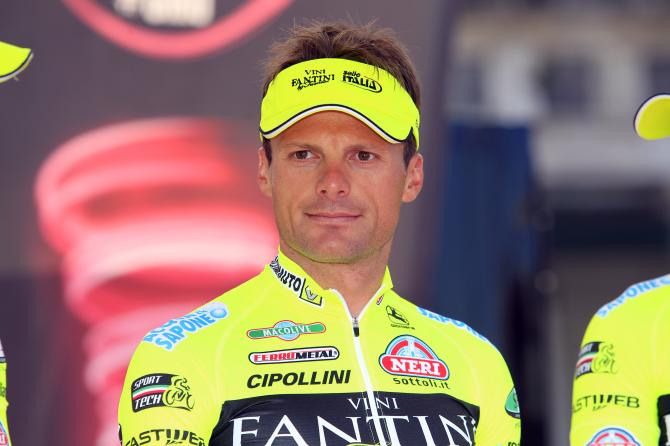
Danilo Di Luca at the 2013 Giro d'Italia (Bettini Photo)
Di Luca turned 40 in January and has tried to rebuild his life after being suspended; losing a huge sum in a failed bike shop business and a bitter divorce with is wife Valentina. He now design bikes for his Kyklos brand and spoke to Cyclingnews from an Ironman triathlon event in Mallorca where Kyklos had a stand. He models his bikes on the Kyklos website on the same roads where in the Abruzzo mountains where he used to train as a professional.
"I sold the shop but I still build bikes which are sold in Italy and across Europe. I was lucky to enjoy my racing career and now I enjoy designing bikes," he said.
"I consider myself lucky to do things I enjoy doing, live goes on. I've been to hell and back but life is good now. I'm enjoying a normal life, I'm no longer an athlete."

Stephen is one of the most experienced member of the Cyclingnews team, having reported on professional cycling since 1994. He has been Head of News at Cyclingnews since 2022, before which he held the position of European editor since 2012 and previously worked for Reuters, Shift Active Media, and CyclingWeekly, among other publications.